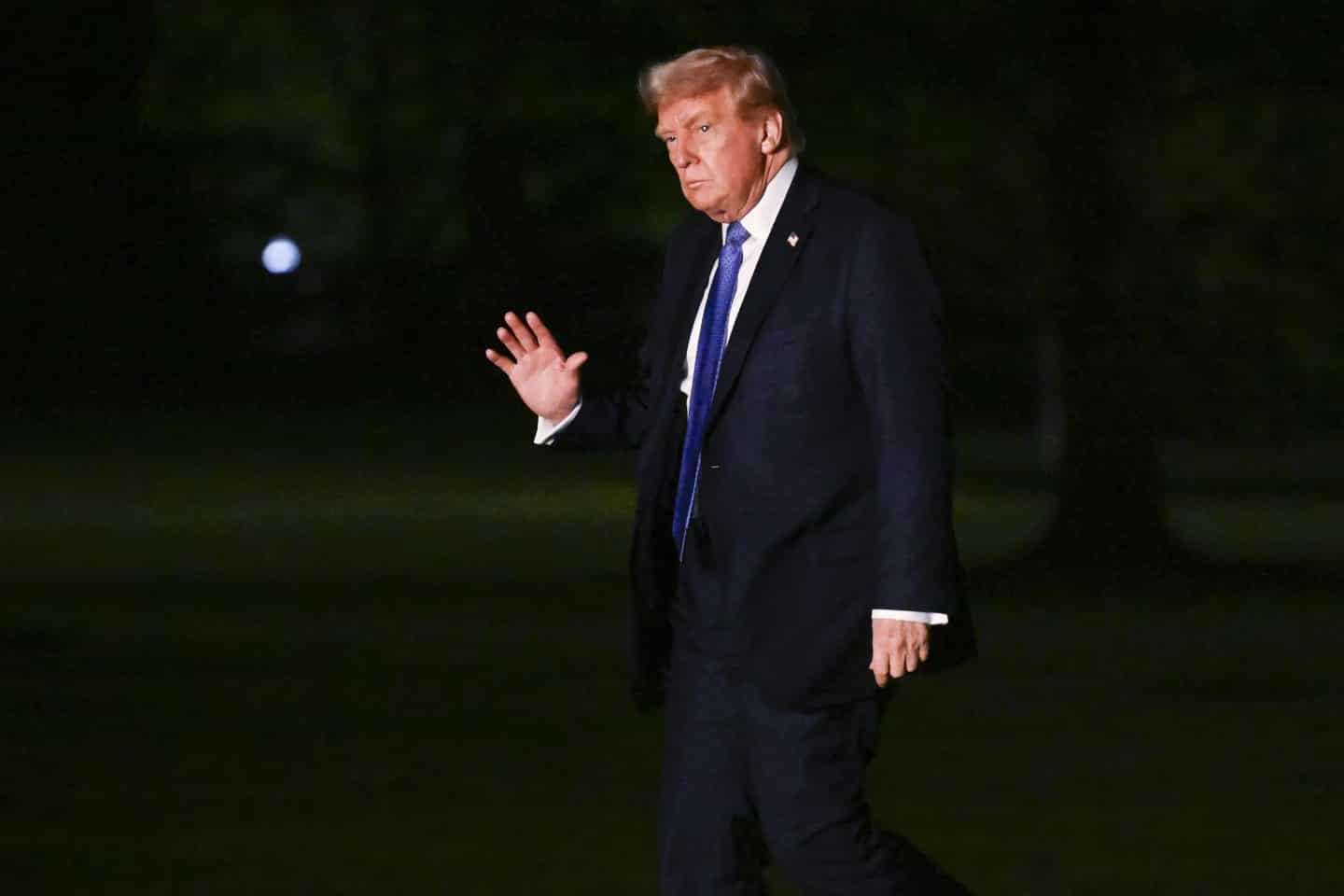A federal court on Wednesday blocked US President Donald Trump from imposing sweeping tariffs on imports under an emergency-powers law, throwing into doubt one of his most aggressive economic tools. The decision marks a major legal setback for Trump’s administration, which had relied on the tariffs as a core part of its trade strategy during his second term.
The ruling from a three-judge panel at the New York-based US Court of International Trade followed several lawsuits claiming Trump’s “Liberation Day” tariffs overstepped his authority and left US trade policy vulnerable to unpredictable executive action, as news agency AP reported.
Legal blow to Trump’s economic approach
Trump had defended the tariffs as a way to restore American manufacturing and reduce the federal deficit. He used them as leverage to force other nations into trade negotiations favourable to the United States, often warning he would set tariff rates himself if he found terms unsatisfactory.
White House spokesperson Kush Desai said that trade deficits amount to a national emergency “that has decimated American communities, left our workers behind, and weakened our defense industrial base facts that the court did not dispute.”
The administration, he said, remains “committed to using every lever of executive power to address this crisis and restore American Greatness.”
Tariff authority narrowed, Supreme Court showdown looms
For now, Trump may lose a key tool to enforce his trade agenda without congressional approval. The court noted he could still invoke Section 122 of the Trade Act of 1974 to temporarily impose import taxes of up to 15 per cent for 150 days on countries with which the US runs large trade deficits.
The judges Timothy Reif (appointed by Trump), Jane Restani (appointed by Reagan), and Gary Katzman (appointed by Obama) ruled that “The Worldwide and Retaliatory Tariff Orders exceed any authority granted to the President by IEEPA to regulate importation by means of tariffs,” referring to the 1977 International Emergency Economic Powers Act.
The ruling, however, left intact tariffs imposed under Section 232 of the Trade Expansion Act of 1962, which Trump used to justify a 25 per cent levy on imported steel, aluminum, and most foreign-made vehicles, citing national security risks backed by Commerce Department investigations.
Seven lawsuits and states push back against ’emergency’ claim
While tariffs typically require congressional approval, Trump insisted trade deficits constitute a national emergency, giving him power to act unilaterally. He faces at least seven lawsuits challenging this view, with plaintiffs arguing that long-standing trade deficits don’t constitute an emergency and that the law does not authorise tariff use in such cases.
Trump had imposed levies on imports from nearly every major US trade partner, including China, Canada, and Mexico, also citing concerns over illegal immigration and the opioid crisis.
His administration argued that courts upheld President Nixon’s 1971 emergency tariffs, asserting that only Congress not the judiciary can assess the political rationale behind such declarations.
Trump’s “Liberation Day” tariffs had already stirred global markets and raised alarms among economists, though the US economy showed limited short-term impact.One of the lawsuits came from small businesses like wine importer VOS Selections, whose owner warned the tariffs could drive them out of business. A coalition of a dozen states, led by Oregon, also filed suit.
“This ruling reaffirms that our laws matter, and that trade decisions can’t be made on the president’s whim,” said Oregon Attorney General Dan Rayfield. Senator Ron Wyden of Oregon, top Democrat on the Senate Finance Committee, added, “The tariffs had jacked up prices on groceries and cars, threatened shortages of essential goods and wrecked supply chains for American businesses large and small.”
(With inputs from AP)
Anurag Dhole is a seasoned journalist and content writer with a passion for delivering timely, accurate, and engaging stories. With over 8 years of experience in digital media, she covers a wide range of topics—from breaking news and politics to business insights and cultural trends. Jane's writing style blends clarity with depth, aiming to inform and inspire readers in a fast-paced media landscape. When she’s not chasing stories, she’s likely reading investigative features or exploring local cafés for her next writing spot.






